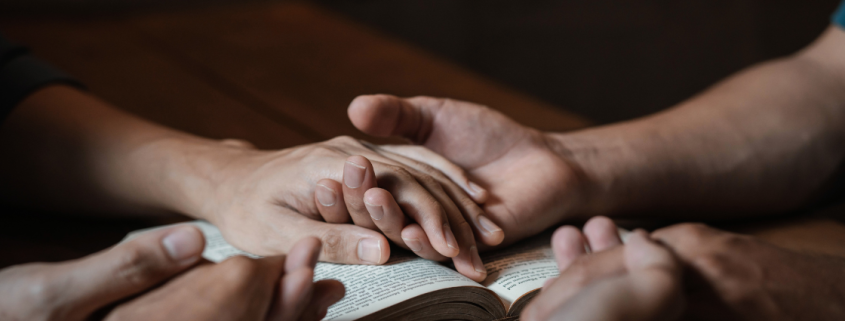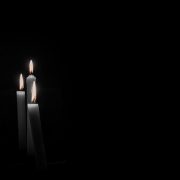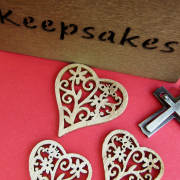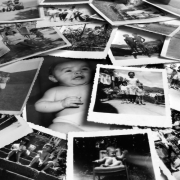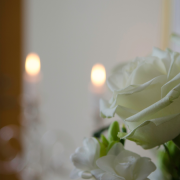Is a cremation service compatible with religious beliefs?

When it comes to funeral arrangements in these modern times, cremation has emerged as an increasingly popular alternative to traditional burial. Many families now opt for cremation services because it is more affordable than buying a gravesite and planning an elaborate service with funeral songs, flowers, and a reception with guests.
However, concerns regarding this final disposition method’s compatibility with religious beliefs have left many individuals seeking guidance during times of loss. After all, faith is such a sensitive topic, and it significantly impacts many people’s decisions. In this article, let’s delve into the compatibility conundrum of cremation. Do cremation services align with various religious perspectives? This article will provide concrete examples that shed light on the evolving attitudes towards cremation within different faith traditions.
Understanding Diverse Religious Perspectives on Death and Afterlife
Delving into the different religious perspectives surrounding death and the afterlife is crucial. This opens everyone’s minds to a tapestry of beliefs and enriches our own understanding of mortality. Imagine a vibrant mosaic, with each tile representing a different faith tradition’s viewpoint on what lies beyond this life. By
embracing this diversity, we foster empathy, encourage an open mind, and promote respect for others with varying beliefs.
More importantly, being more open-minded also allows us to gain insights that challenge our own preconceptions. We discover that while some envision paradise, others believe in reincarnation, and some find solace in the notion of an eternal reunion. This exploration may help us confront our fears, reflect on the meaning of life, and appreciate the profound mystery of our existence. In a world where divisions arise from ignorance and intolerance, understanding diverse religious perspectives on death brings us closer, reminding us that our shared humanity transcends differences.
The Acceptance of Cremation within Religious Traditions
Let’s explore how different religious traditions have evolved their perspectives on cremation over time, highlighting instances where religious leaders and institutions have come to embrace cremation as a valid and respectful option. By showcasing these examples, we aim to provide reassurance to individuals who may be considering cremation but fear it may conflict with their religious beliefs.
Catholic Evolution: From Mutilation to Acceptance
Historically, the Catholic Church strongly discouraged and opposed cremation, considering it a form of mutilation. When the body is not preserved, it’s seen as an obstacle to resurrection, like Jesus Christ. However, in 1963, the Church lifted its ban on cremation services.
The stance of church leaders has evolved, recognizing that cremation could be chosen for legitimate reasons. They do emphasize the importance of treating the cremated remains with reverence and proper handling of the ashes. Today, Catholics may opt for cremation but are enjoined to treat the ashes with respect, usually through interment in a consecrated burial ground or placement in a columbarium.
Muslim Perspectives: Embracing the Sacred Rituals of Burial
Within the Islamic faith, cremation is strictly prohibited. Muslims believe in the human body’s sanctity and consider cremation a desecration. Instead, Islamic funeral customs involve a series of sacred rituals. The deceased is washed, usually by family members of the same gender, immediately after death. They follow very specific guidelines known as Ghusl.
The deceased is usually wrapped in a white shroud, known as a Kafan, symbolizing purity. It is then buried immediately, often in a simple grave without a coffin. This process emphasizes respecting the body and facilitating a swift transition to the afterlife. They focus on ensuring a respectful and timely transition to the afterlife.
Buddhist Beliefs: Embracing Impermanence and Liberation
Buddhism has long embraced cremation as a preferred method of disposition. Cremation is widely practiced and deeply rooted in the religion’s philosophical teachings. Buddhists believe in the impermanence of the physical body and emphasize the importance of detachment from worldly attachments.
Hence, cremation frees the soul from its earthly vessel, facilitating its journey to the afterlife and subsequent reincarnation. Cremation aligns with Buddhist teachings on detachment and liberation. The ashes, often referred to as “cremains,” hold symbolic significance and are typically placed in an urn or scattered in a spiritually meaningful location.
Native American Traditions: Returning to the Elements
Many Native American tribes deeply connect to nature and view cremation as a way to return the physical body to the natural world. By transforming the earthly body into ashes, they believe they free the soul and help it journey to the afterlife. Only then can the soul continue its spiritual journey.
Noteworthy, Native American practices surrounding cremation may vary among tribes. There will be nuances in rituals with some tribes conducting traditional ceremonies before or after the cremation process. Scattering the ashes in a significant location holds spiritual significance, symbolizing the return to nature and the interconnectedness of all living beings.
Hindu Rituals: Embracing the Circle of Life
Cremation holds great significance in Hindu culture since they believe in reincarnation. Those who practice Hinduism believe that the soul is immortal and the body is temporary. Hence, Hindus have been cremating their deceased loved ones for a long time since it is considered a critical step in releasing the soul from its earthly existence and facilitating reincarnation.
The funeral rites, known as Antyesti or Antim Sanskar, involve elaborate rituals performed by family members and priests. The ashes, referred to as “Vibhuti” or sacred ash, hold symbolic importance and are often scattered in a sacred body of water, such as the Ganges River. The whole ritual symbolizes the life cycle and the soul’s eternal nature.
Final Thoughts
The compatibility of cremation services with religious beliefs varies greatly among different faiths. While some religions strictly oppose cremation for cultural or theological reasons, others have embraced it to honor the soul. Understanding these diverse perspectives can assist individuals in navigating their personal choices during times of loss while respecting their religious beliefs. Ultimately, finding solace lies in honoring our loved ones and providing a farewell that aligns with both our faith and personal convictions.

